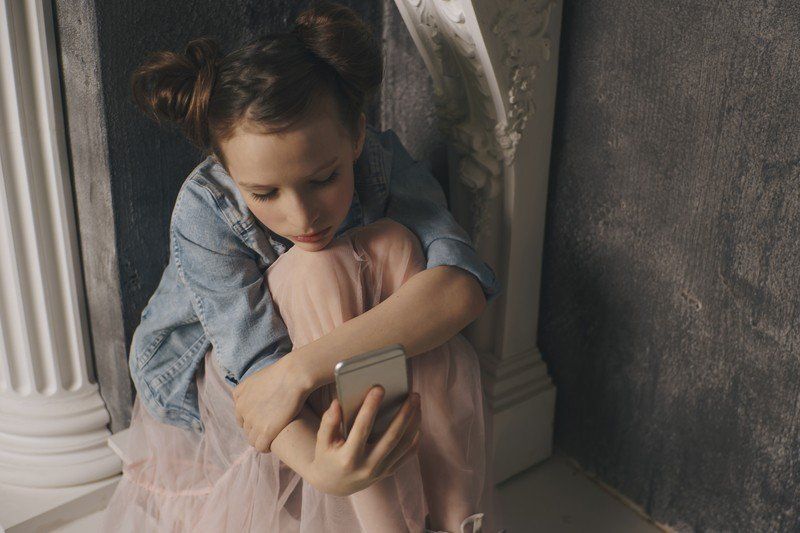How Cyberbullying Affects Mental Health
Cyberbullying is a new form of aggression that is being used by bullies to taunt their victims through a computer or a cell phone. A study reviewed by the National Institute of Health revealed a high prevalence of bullying among adolescents. One study reported that an alarming 87 percent of today’s youth have witnessed cyberbullying. A separate study found that approximately 34 percent of students report experiencing cyberbullying in their lifetime. There is an increased risk of future mental health problems, such as depression, anxiety, and suicidality that has been shown for victims of bullying as children.
Depression
Cyberbullying, like all forms of bullying, has been shown to be disruptive to the victim’s mental health. According to Scientific American, traditional bullying during the teenage years may double the risk of depression in adulthood, and its effects can be as harmful or worse than child abuse. The study’s authors also found that that there is a consistent link between cyberbullying and an increased likelihood of depression.
Self- Esteem
Cyberbullying can take a massive toll on a victim’s self-esteem. In fact, 83 percent of cyberbullying victims felt that the bullying hurt their self-esteem. It was found that girls that cyberbully were more likely to post mean online comments, while boys were more likely to post hurtful photos or videos online.
Suicide
The effects of cyberbullying can also sometimes be fatal. It was discovered in a recent study that 30 percent of bullying victims have suicidal thoughts and 10 percent of victims have attempted to take their own lives. While bullying alone may not cause suicide, it has been shown to increase feelings of isolation and loneliness in its victims and could contribute to an already stressful situation.
Anxiety
In a study run by Duke University, researchers found that people who were bullied were more likely to have an increased rate of an anxiety disorder and panic disorder. These studies concluded that experiencing bullying has a lasting impact on mental health outcomes.
The research has been clear that cyberbullying can have lasting, detrimental impacts on a victim’s mental health. Cyberbullying can take a significant toll on its victim by impacting their social life, their mental health, and their academic performance. It comes at little to no surprise the mental health impact that cyberbullying can have when its realized that this is one type of bullying the victim can’t run away from.
If you or a loved one has experienced trauma in their lives, or they are feeling hopeless, depressed, anxious, or incapable of overcoming their trials on their own. Don’t wait, and please get in contact with us. No one should have to fight this alone.
Resources:
Scientific American | Social Media Cyber Bullying Linked to Teen Depression
Bradley Corbett Law | Be on the Lookout for These 7 Types of Cybercrime!
Megan Meier Foundation | Cyberbullying and Social Media
The Law Dictionary | What Are The Consequences Of Cyberbullying?
Teen Safe | Cyberbullying Facts and StatisticsCOPYRIGHT © 2024 LINDSAY TSANG. ALL RIGHT RESERVED. POWERED BY WEBEXPERTZ.CA


